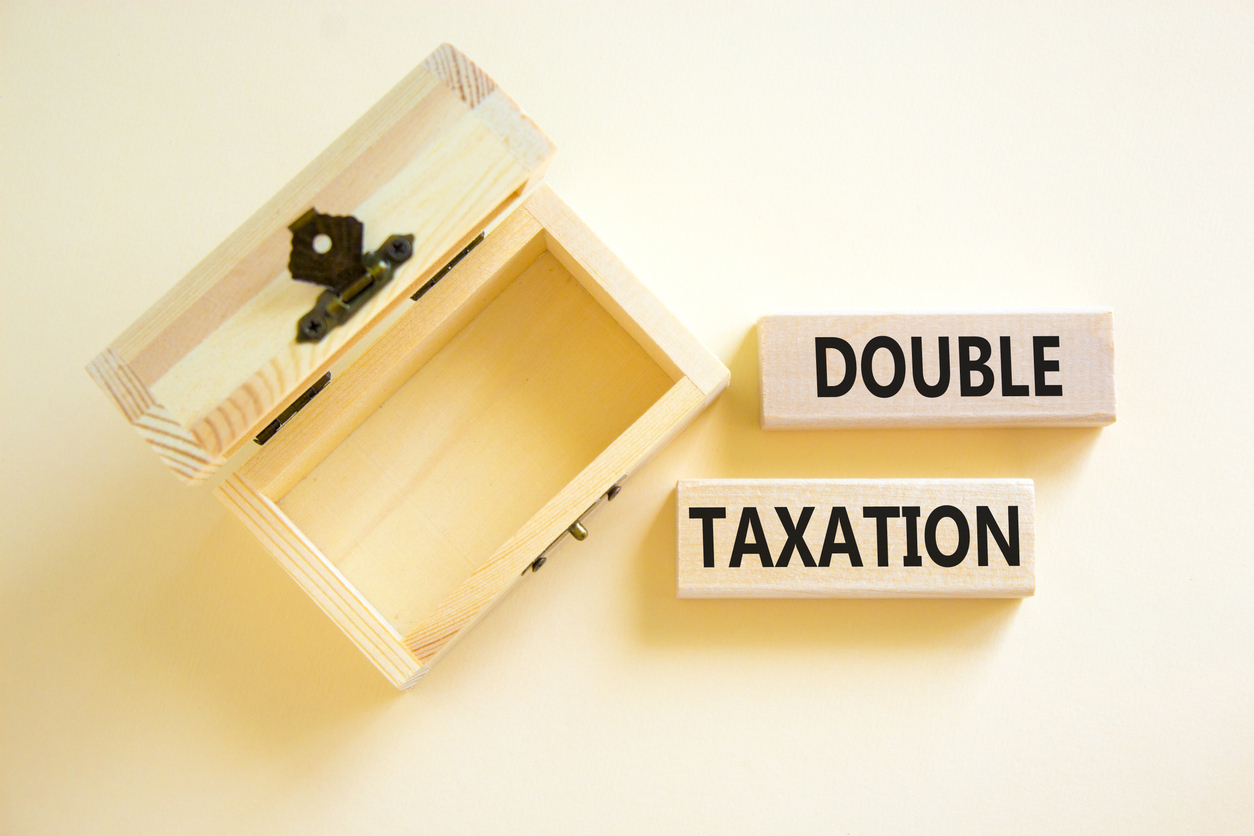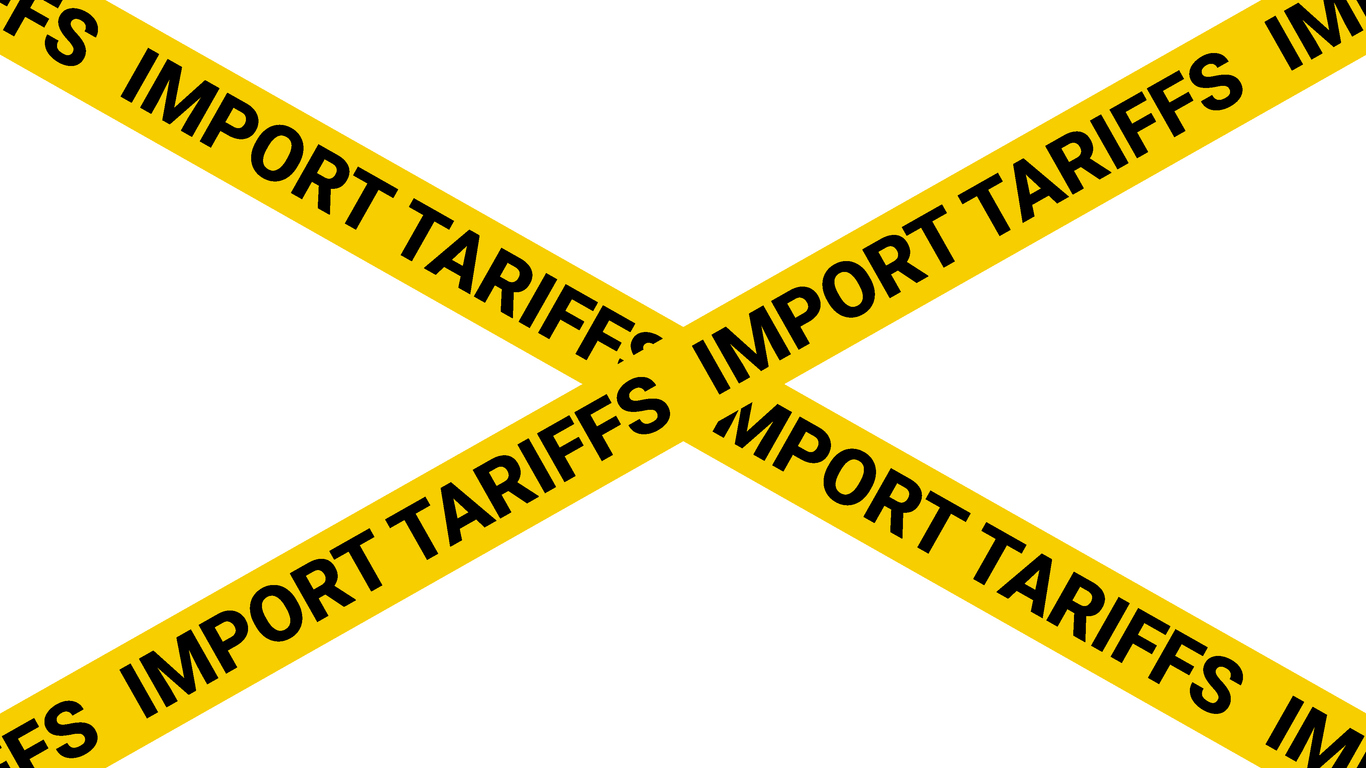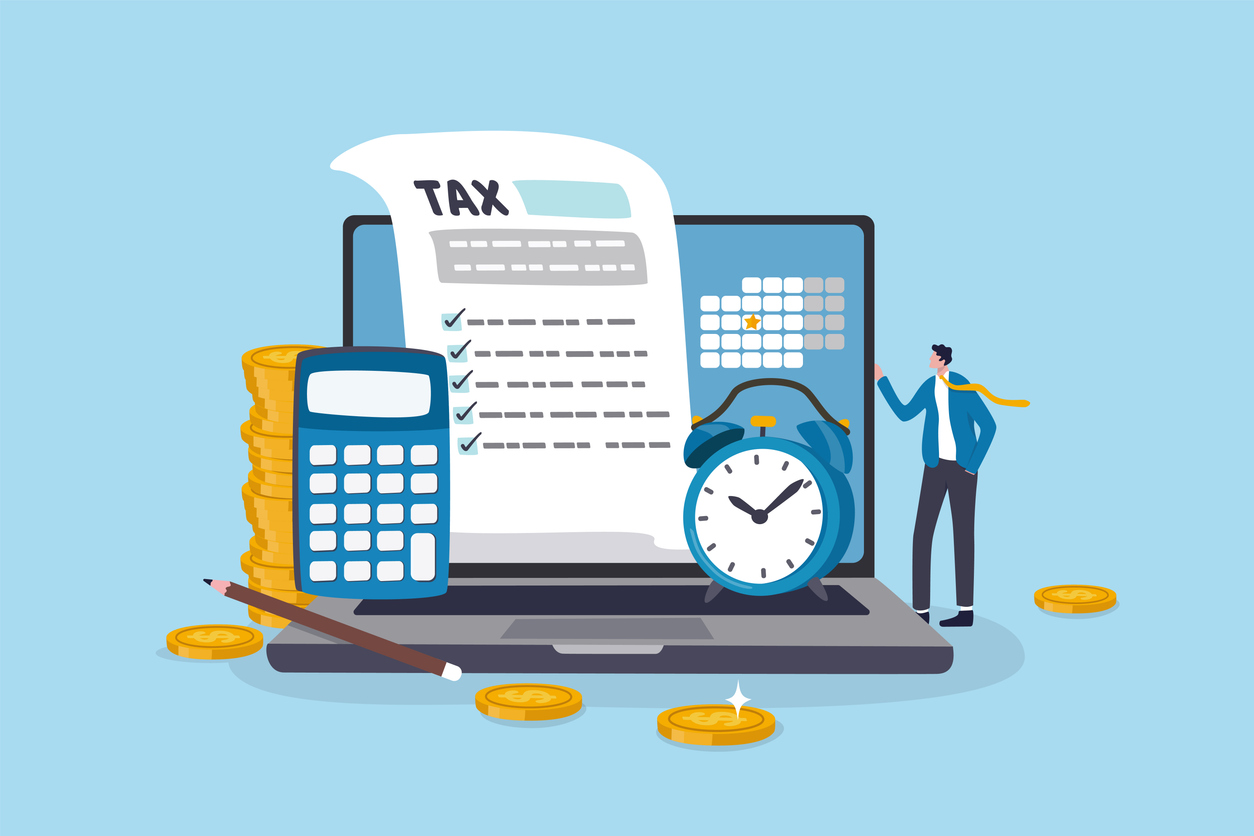Navigating the Complexities of International Oil Trade: A Guide to Buying and Exporting Crude Petroleum from Equatorial Guinea with Wigmore Trading
Navigating the Complexities of International Oil Trade: A Guide to Buying and Exporting Crude Petroleum from Equatorial Guinea with Wigmore Trading
Welcome to the world of international oil trade! Whether you’re a seasoned veteran or just starting out, navigating the complexities of buying and exporting crude petroleum from Equatorial Guinea can be a daunting task. With so many factors at play – from shipping logistics to market fluctuations – it’s essential to have a trusted partner by your side. That’s where Wigmore Trading comes in. Our expert team has years of experience in the industry and is ready to guide you through every step of the process. So sit back, relax, and let us show you how to successfully navigate the exciting world of international oil trade with Equatorial Guinea as your source.
Introduction to Wigmore Trading and their services
If you’re looking to get involved in international oil trade, there’s no better place to start than with Wigmore Trading. Based in the UK, we’ve been involved in the crude petroleum business for over 25 years and have a wealth of experience in buying and exporting from countries all over the world, including Equatorial Guinea.
In this blog article, we’ll give you an overview of our company and the services we offer, as well as provide some helpful tips on navigating the complexities of international oil trade.
Wigmore Trading is a leading independent crude petroleum trader with a strong focus on Africa. We have an excellent reputation in the industry and are known for our reliable and efficient service.
We offer a comprehensive range of services to help our clients buy and sell crude petroleum, including:
– Market intelligence: We provide up-to-date market information and analysis to help our clients make informed decisions about their trading activities.
– Pricing: We offer competitive pricing on all of our transactions.
– Contract management: We handle all aspects of contract management, from negotiation to execution.
– Shipping: We have a team of experienced shipping professionals who can assist with all logistics requirements.
Overview of the Crude Petroleum Market in Equatorial Guinea
The crude petroleum market in Equatorial Guinea is a complex and ever-changing landscape. As a small, oil-rich country located in Central Africa, Equatorial Guinea has become an important player in the international oil trade. In recent years, the country has been working to increase its production and exports of crude petroleum, making it an essential supplier of this valuable commodity.
As a buyer or exporter of crude petroleum from Equatorial Guinea, it is important to understand the various factors that affect the market. This includes understanding the politics and economics of the country, as well as the different types of crude oil that are produced in Equatorial Guinea. With this knowledge, you can make informed decisions about buying and exporting crude petroleum from Equatorial Guinea.
The Benefits of Buying / Exporting Crude Petroleum from Equatorial Guinea
As a net energy importer, the United States is always on the lookout for new sources of crude petroleum. One potential supplier is Equatorial Guinea, a small country located on the west coast of Africa. While it may seem like a risky investment, there are actually many benefits to buying and exporting crude petroleum from Equatorial Guinea.
First of all, Equatorial Guinea is home to some of the largest oil reserves in Africa. In fact, its proven reserves are estimated at 1.2 billion barrels, making it the continent’s fourth-largest producer. Additionally, its proximity to European and American markets makes it an ideal location for exporting crude petroleum.
Perhaps most importantly, though, is the fact that Equatorial Guinea is a stable country with a pro-business government. It has been a member of the Organization of Petroleum Exporting Countries (OPEC) since 2017 and is committed to working with international partners like Wigmore Trading to ensure a fair and transparent marketplace for all involved.
How to Buy/Export Crude Petroleum from Equatorial Guinea with Wigmore Trading?
Assuming you are based in the United States, there are a few ways to buy/export crude petroleum from Equatorial Guinea with Wigmore Trading. One option is to purchase an oil futures contract through a commodities broker. This type of contract allows you to lock in a price for a set amount of crude petroleum to be delivered at a future date. Another option is to buy/export crude petroleum directly from Wigmore Trading through what’s known as a spot market transaction. In this case, you would need to have the requisite storage and transport infrastructure in place to take delivery of the crude petroleum.
If you decide to purchase an oil futures contract, you will need to find a commodities broker that offers this type of product. There are many reputable commodities brokers out there, so do your research and choose one that best suits your needs. Once you have selected a broker, you will need to open an account and deposit funds with them in order to start trading.
When it comes time to actually purchase the crude petroleum, you will need to place an order with your broker. The specifics of this will depend on the type of contract you are buying, but generally speaking, you will need to specify the quantity, delivery date, and price that you are willing to pay. Your broker will then execute the trade on your behalf and provide you with documentation confirming the purchase.
Once your purchase has been confirmed, it’s just a matter of waiting for delivery.
The Challenges and Risks Involved in International Oil Trade
Oil trading is a complex and risky business. There are many political and economic factors to consider when buying and selling oil, and prices can fluctuate greatly. Here we will outline some of the challenges and risks involved in international oil trade.
One of the biggest risks involved in oil trading is the possibility of price fluctuation. Prices for crude oil are set on a daily basis, and can be affected by a variety of factors such as weather, political instability, and global events. This means that prices can change rapidly, and it is important to stay up-to-date with the latest news and trends in order to make informed decisions about buying and selling oil.
Another risk to consider is the possibility of shipping delays or disruptions. Oil tankers can be delayed for a variety of reasons, including bad weather, mechanical problems, or political unrest in the country of origin or destination. This can cause disruptions in the supply chain, and lead to higher prices for crude oil.
There is always the risk that something could go wrong during the transport or storage of crude oil. Tankers can leak, pipelines can burst, and storage facilities can catch fire. These accidents can cause environmental damage, as well as financial losses for those involved in the trade.
Alternatives for Buying/Exporting Crude Petroleum from Other Countries
When it comes to international oil trade, there are a number of different ways that crude petroleum can be bought and exported from other countries. One common method is for a company to purchase an interest in an oil field from another country, which gives them the right to extract and export the crude petroleum from that location.
Another way to buy and export crude petroleum is through government-to-government contracts. These deals are often used when a country does not have any private companies that are interested in buying their crude petroleum. In these cases, the government will contract with another government or state-owned enterprise to purchase and export the crude petroleum on their behalf.
There are also a number of spot market deals that take place each day where crude petroleum is bought and sold on the open market. These deals can be done between two companies or governments, or they can be done through an exchange where buyers and sellers come together to trade crude petroleum.
Conclusion
Navigating the complexities of international oil trade can be a daunting task, but with the right guidance, it is possible to export crude petroleum from Equatorial Guinea with Wigmore Trading. By understanding what type of paperwork and documents are required by law in order to buy and sell crude oil, any buyer or seller will be able to make informed decisions when dealing in this dynamic industry. With proper preparation and a comprehensive resource like Wigmore Trading at hand, buyers and sellers alike can rest assured that they are taking advantage of all opportunities presented within the global market for crude petroleum.








LEAVE A COMMENT
You must be logged in to post a comment.